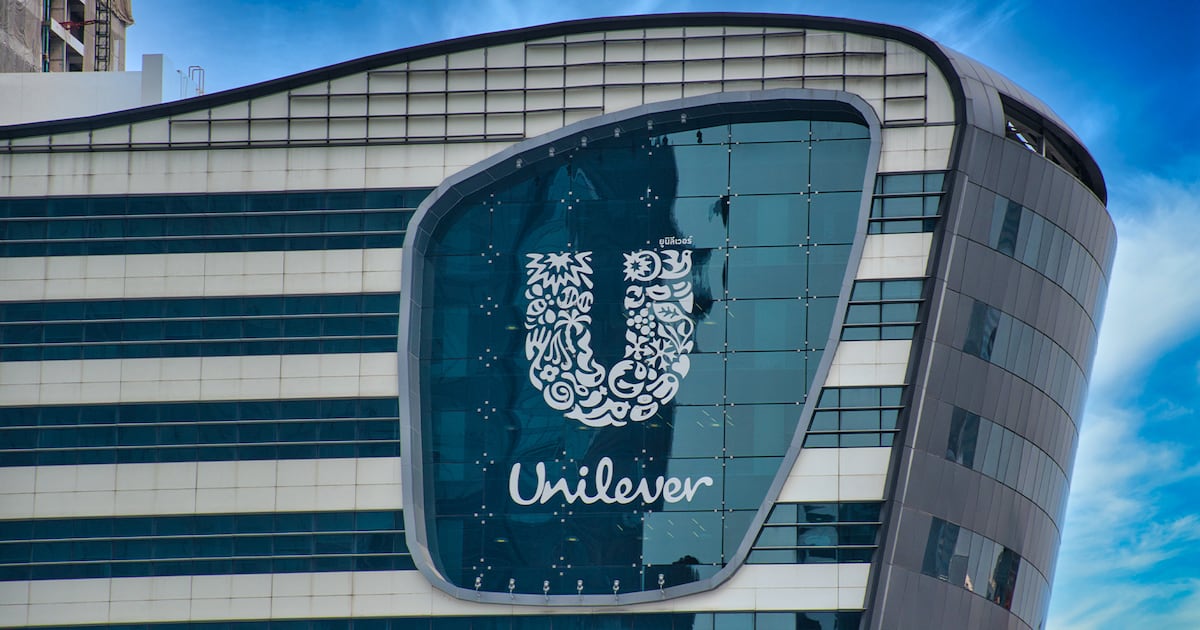Unilever beat estimates for first-quarter underlying sales growth on Thursday, helped by price increases and strong demand for its premium products, and said it expected the direct impact of tariffs to be limited.
Consumer goods companies, already struggling to regain shopper loyalty after sharply hiking prices for years, have in recent months found themselves forced to navigate unpredictable consumer habits shaped by fears over the impact of Trumpâs tariffs.
The companies were initially forced to raise prices and accept thinner margins due to elevated costs from the Covid-19 fallout, which were further worsened by soaring energy prices after Russiaâs invasion of Ukraine.
âWe are conscious that the macroeconomic environment, currency stability and consumer sentiment remain uncertain and we will be agile in adjusting our plans as necessary,â Unilever said.
The update on Thursday marks Unileverâs first since it surprised investors in February by ousting former CEO Hein Schumacher and appointing CFO Fernando Fernandez as his successor in March.
The maker of Dove soap and Ben & Jerryâs ice cream reported 3% underlying sales growth for the quarter ended March 31, topping analystsâ expectations of a 2.8 percent rise and reaffirmed its 2025 outlook.
Under former CEO Hein Schumacher, Unilever had laid out cost cuts last year, including separating the ice cream division through a demerger and cutting thousands of jobs to address years of underperformance.
The company had said in February that its ice cream business will be listed in Amsterdam and have secondary listings in London and New York.
Unilever, whose other brands include Vaseline, Hellmannâs mustard and Lifebuoy, said it was confident about its full-year plans despite the global macroeconomic uncertainty.
The company said its productivity programme was ahead of plan, and is expected to deliver about £550 million ($729.74 million) in savings by the end of 2025.
By Chandini Monnappa and Richa Naidu; Editors: Sherry Jacob-Phillips and Louise Heavens
Learn more:
Unilever Acquires Refillable Deodorant Brand Wild
Rumours had swirled since February that the personal care giant was on track to purchase the British start-up for £230 million.

